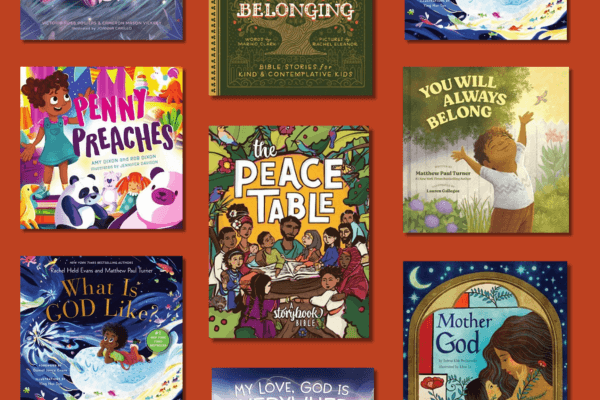The Supreme Court ruled unanimously on Thursday that Philadelphia violated Catholic Social Services’ religious freedom by not placing children with the agency after CSS refused to place foster children with married same-sex couples.
“The refusal of Philadelphia to contract with CSS for the provision of foster care services unless CSS agrees to certify same-sex couples as foster parents violates the Free Exercise Clause of the First Amendment,” Chief Justice John Roberts wrote in a narrow decision.
The decision was narrowly focused on the contracting process in the city of Philadelphia, and it does not provide a broad license for religious groups to ignore non-discrimination laws, according to the American Civil Liberties Union, which intervened in the case on behalf of the city.
“We are relieved that the court did not recognize a license to discriminate based on religious beliefs,” Leslie Cooper, deputy director of the ACLU’s LGBTQ & HIV Project, said in a statement.
Still, some advocates fear that the case could lead to similar lawsuits by conservative religious groups that see it as a sign that the court is open to considering religious exemptions to anti-discrimination laws — the first drop in a flood of litigation.
“I fully expect significant litigation on that question going forward from faith-based contractors who would seek an exemption from generally applicable laws,” Katy Joseph, director of policy and advocacy at the Interfaith Alliance, told Sojourners in an interview after the ruling.
The case came before the courts after it was revealed that two Philadelphia foster care agencies that were receiving government funding, Bethany Christian Services and Catholic Social Services, didn’t allow unmarried couples of any gender and married same-sex couples to foster children. CSS sued Philadelphia, alleging that the city's nondiscrimination ordinances violated religious freedom. (In March 2021, Bethany Christian Services announced that it would change its policy to allow placements with LGBTQ families.)
The Supreme Court first heard the case on Nov. 4, after the Third Circuit Court of Appeals unanimously affirmed a lower court’s decision in favor of the city of Philadelphia.
Those decisions had relied on precedents that allow the government to bar descrimination in public accommodations like hotels and restaurants. In his decision, Roberts drew a distinction between public accommodations and the foster care process.
“Certification as a foster parent is not readily accessible to the public; the process involves a customized and selective assessment that bears little resemblance to staying in a hotel, eating at a restaurant, or riding a bus,” the opinion reads. “The District Court’s contrary conclusion did not take into account the uniquely selective nature of foster care certification.”
Often lost in the legal debate, according to Joseph and other advocates, are children waiting in foster care and the families who want to bring those children into their homes.
“We’re talking about young people who will bear the burden of these decisions, and families who want to open up their homes to them who are being told that they’re just not enough because of who they are and how they live,” she said. “And frankly that’s just unacceptable.”
The case will now go back to the lower court, which will determine next steps.
Lori Windham, senior counsel at Becket, a religious liberty law firm representing Catholic Social Services in the case, told National Catholic Reporter in April that Philadelphia had “singled out” the Catholic agency because of its religious beliefs and was “enforcing laws against the agency that it did not apply to itself or other agencies.” Windham added that “the same arguments made by the ACLU in this case are already being used to try to force Catholic hospitals who receive government Medicaid funds to perform abortions and Catholic entities to pay for abortion in their health care plans.”
Progressive Christians have pushed back on that framing. More than two dozen Catholic laypeople submitted a friend of the court brief, writing that “there is no singular Catholic belief on the issue of LGBTQ people fostering and adopting children.” The brief cited the writings of several Catholic theologians, including James Martin, S.J., a leading advocate for LGBTQ Catholics.
Ultimately, said Joseph of the Interfaith Alliance, this case and similar cases are about privileging the most conservative set of religious beliefs over those that are more progressive.
“This is not a victory for religious freedom,” Joseph said. “This is elevating one particular set of religious views and using taxpayer money to impose those views on others.”
Got something to say about what you're reading? We value your feedback!









